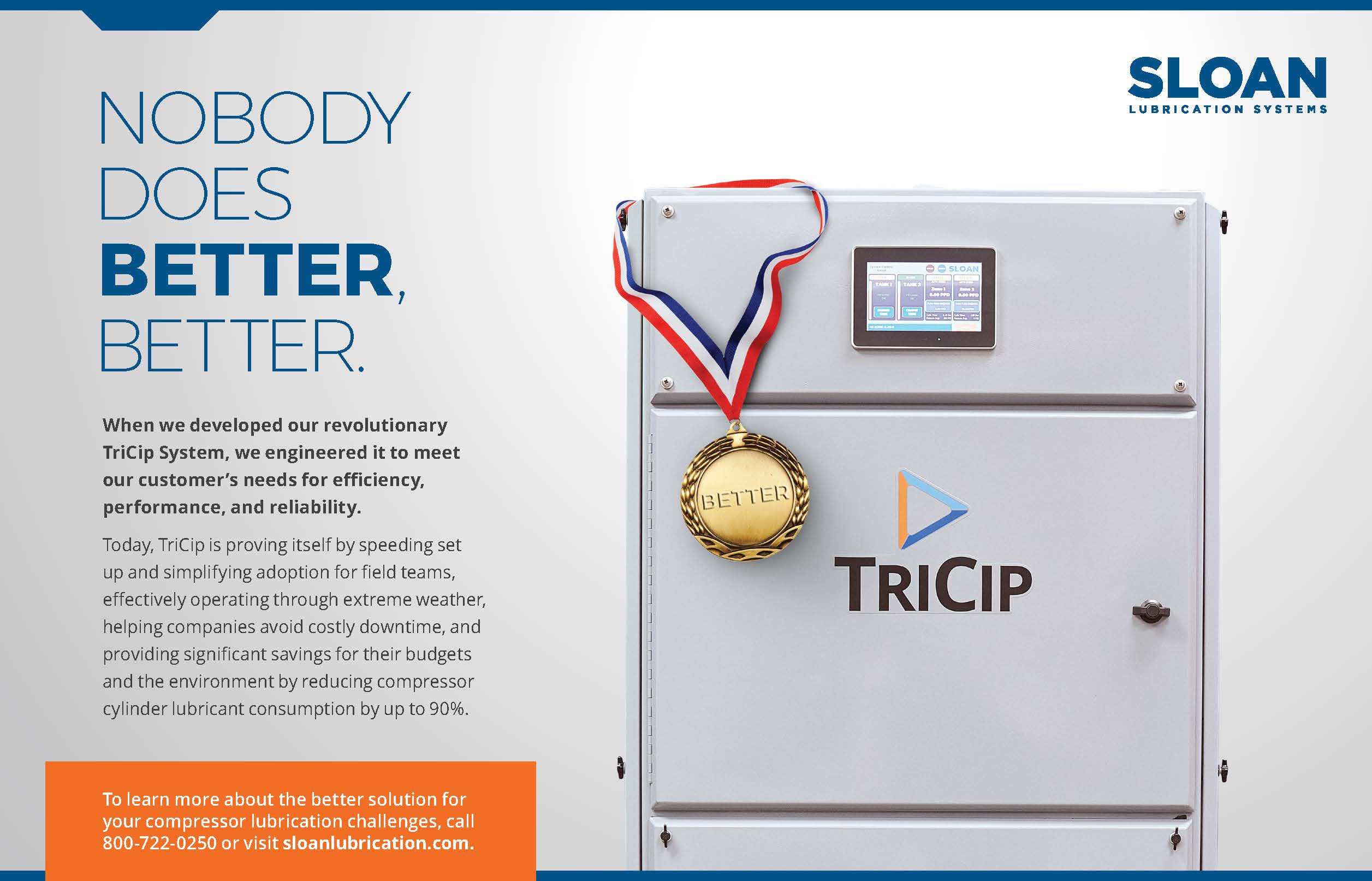How Humor and Cleverness Can Transform B2B Marketing in Manufacturing, Industrial, and Tech Sectors
For B2B companies to differentiate themselves, it is crucial to embrace creative ideas and ingenuity in their marketing communications.
By Mark Dello Stritto
In the world of B2B marketing, companies in the manufacturing, industrial and technology sectors are challenged to stand out in a saturated and often-times, play-it-safe crowd. It’s easy to understand why. They deal with complex and technical products and services, and their customers are often other businesses with specific needs and requirements. However, this doesn’t mean that these companies can’t expand their creativity, and have a little fun with their marketing messages. In fact, in today’s competitive marketplaces, it may be essential for them to do so.
Humor
Humor, in particular, can be a powerful tool in B2B marketing. While it may not seem like the most natural fit for industries that deal with serious products and services, a humorous ad can capture people’s attention and make them more likely to remember the brand. The key is to make sure the humor is appropriate and relevant to the target audience.

A 2020 marketing research study conducted by Dynata found that a majority of respondents agreed that humorous ads are effective in attracting attention (91%), reinforcing brand recognition (86%), and raising awareness (81%). In addition, the study showed that humorous ads were particularly successful in generating brand website visits (75%) and online search activity (over 400% increase).
Cleverness
Cleverness is another way B2B companies can make an impact. By taking a creative and clever approach to their marketing message, businesses can make themselves more memorable and stand out from the sea of sameness that often plagues B2B marketing. Cleverness can be in many forms; from a catchy headline or slogan to a clever visual or video that showcases the company’s products or services in a new and interesting way.




Thought-Provoking or Provocative
Thought-provoking or provocative ideas can also be effective in B2B marketing. By challenging conventional wisdom or presenting a unique point of view, companies can demonstrate their expertise and differentiate themselves from competitors. This can be especially effective in industries where customers are looking for innovative solutions or cutting-edge technology.

It’s important to remember that not every B2B company is well-suited for these types of marketing approaches. Companies that operate in regulated industries or serve conservative customers may need to take a more measured approach. It’s also worth noting that B2B companies don’t necessarily need to completely overhaul their marketing strategy in order to incorporate these suggestions. Small changes, such as using a more conversational tone in emails or social media posts, can help to humanize a brand and make it more relatable to customers.
Companies, regardless of industry, gain traction by starting a conversation, challenging consumers to think about their needs, and making their audience feel connected to their message. With the right balance, B2B companies can cut through the clutter and stand out in their market. While our suggestions may not be right for every company, they can be very rewarding for companies that are willing to take a risk and embrace a more creative approach to marketing.
More Blogs

